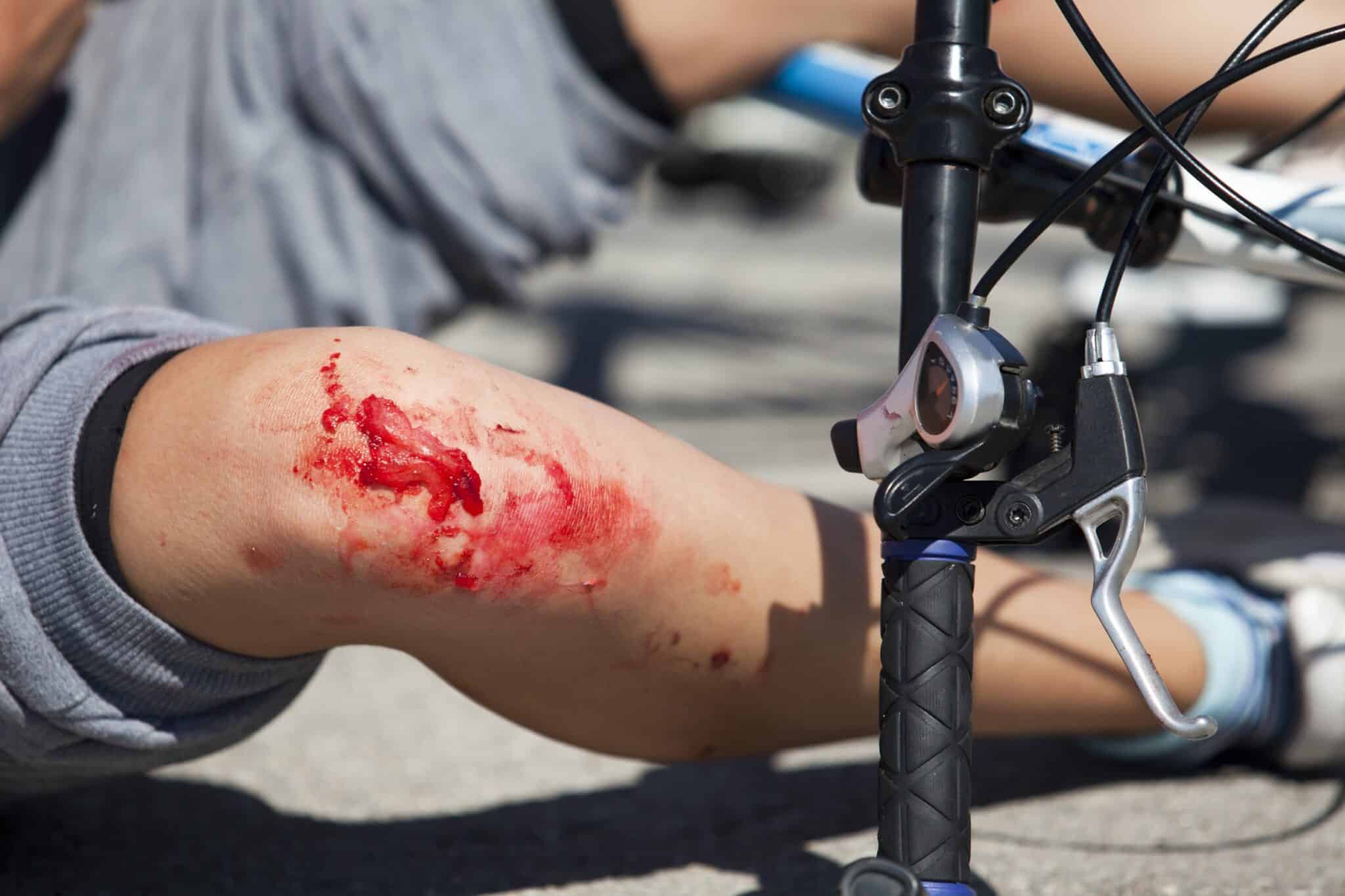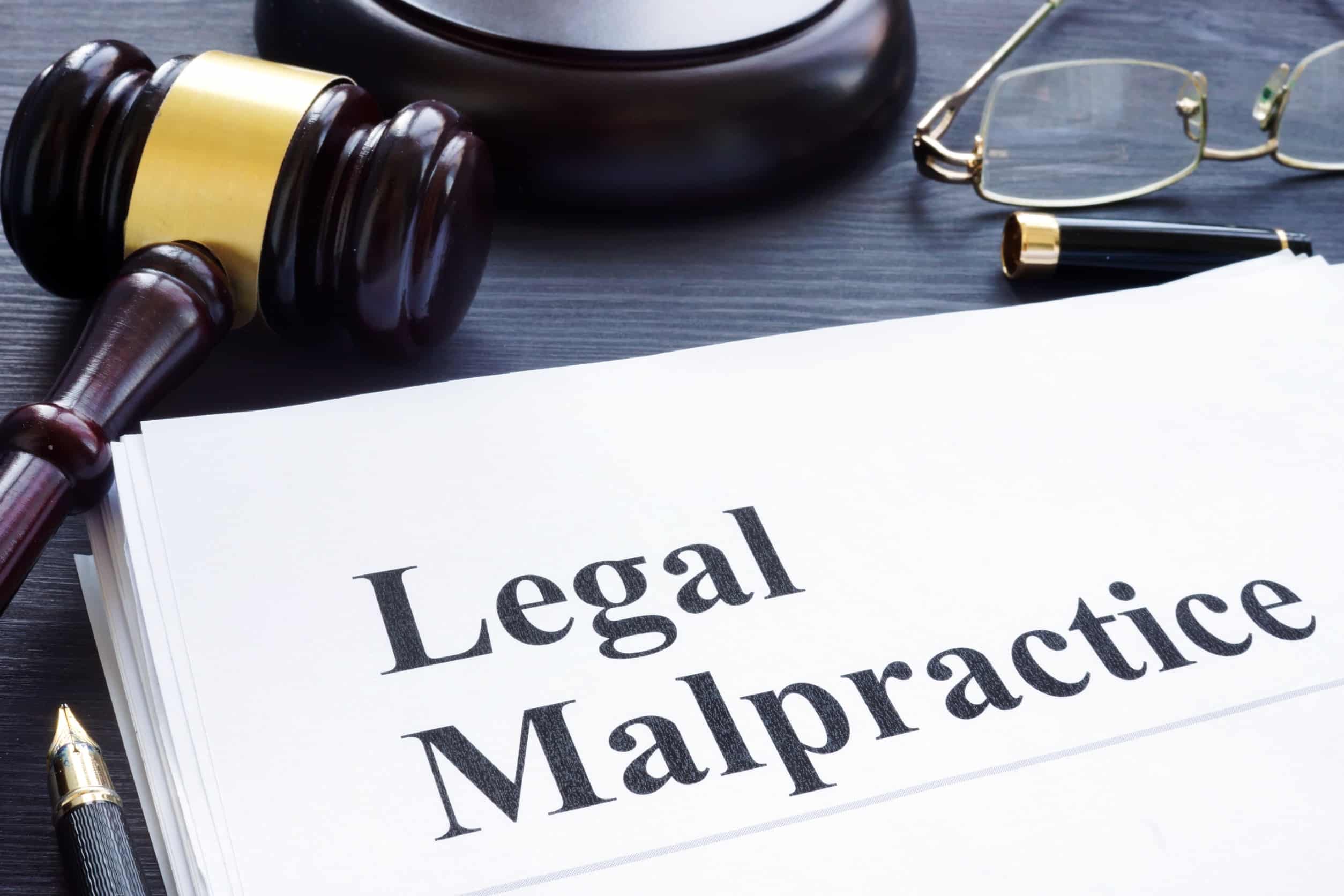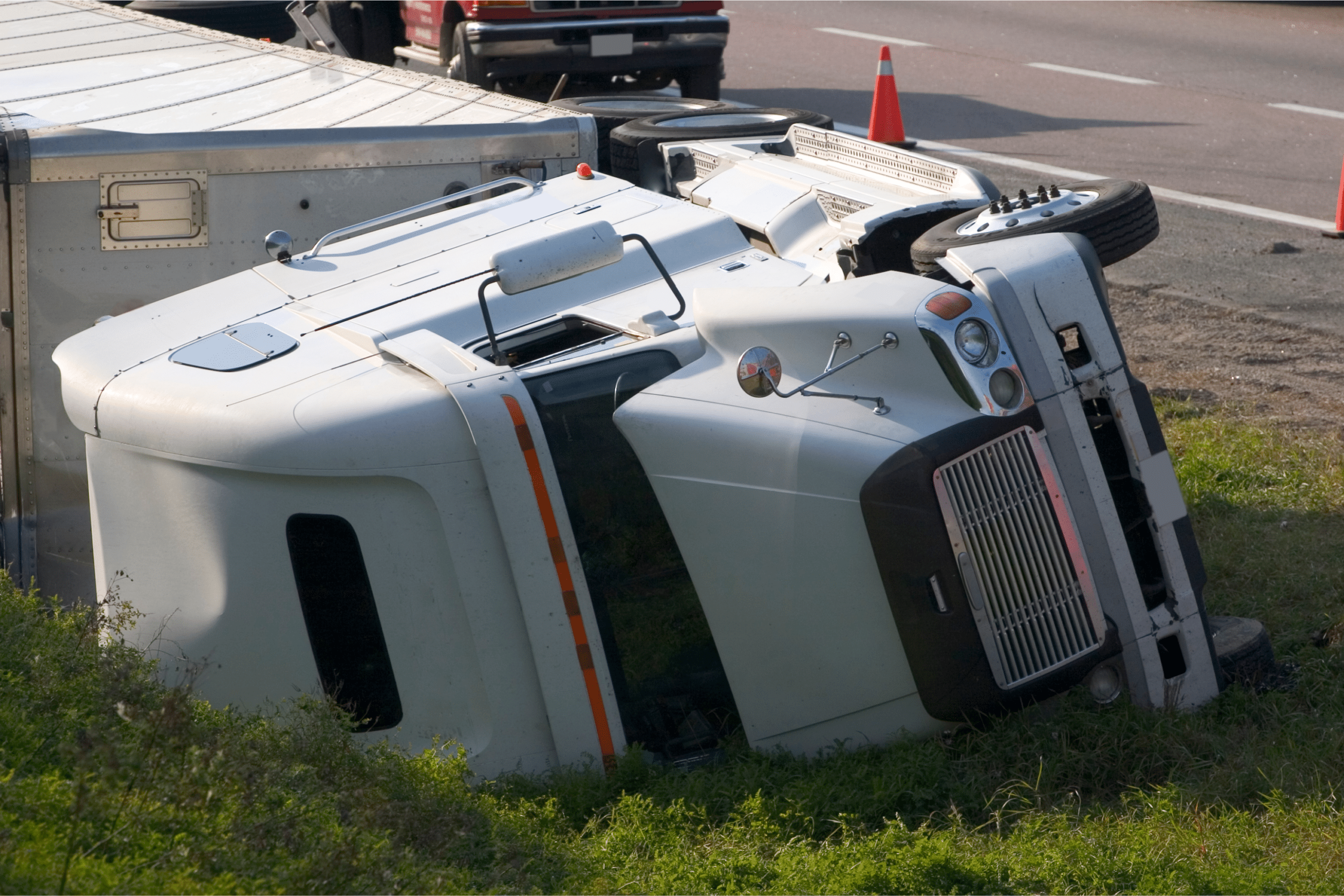Injured in a FL Gym? Find Out Who is Liable
People head to the gym to get healthy. No one expects to be injured at the gym, impacting their future health and more.
But gym accidents do happen. Every year people suffer injuries such as sprains, strains, soft tissue injuries, spinal cord injuries, broken bones, head injuries, and other serious injuries that disrupt their lives. Recovering from these injuries takes time and money, leaving people in a bad position.
If you were injured at your gym, you may wonder who is liable for your injuries and if you can collect damages. Read on to find out these answers and more.
What Causes Injuries in Florida Gyms?
In gyms around Florida, there are many different types of accidents that can occur that result in injury. The most common include:
Slip and Fall Accidents
Spilled water or even sweat can make the floor in a gym very slippery, leading to slip and fall accidents. In locker rooms, the water from showers can pose a risk, as well as around pool areas.
Gyms are supposed to anticipate these risks and keep the floors clear and wiped down. Failing to do so in a way that leads to a patron’s injury can make them liable.
Trip and Fall Accidents
Items left on the gym floor, such as exercise equipment, water bottles, and towels, can pose a tripping hazard. That’s why you should never leave items on the floor at the gym, but it’s also why gyms are obligated to keep the spaces in their facilities clear for their customers. Failure to do so may make them liable for injuries sustained in a trip and fall accident.
Crushing Injuries
Equipment and weights have the capacity to crush someone due to their weight – and even cause death in certain circumstances. If equipment is not properly installed, properly secured, or properly maintained, it poses a danger to the health and safety of the gym patrons.
You may have a claim if you sustain a crushing injury because the gym is negligent in correctly securing and maintaining equipment.
Injuries Related to Equipment
Exercise machine use can lead to serious harm if they are not used properly, and the gym is obligated to provide instruction to keep users safe. Failure to do so exposes them to liability should an accident occur.
Violence or Theft
Violence and theft can and do happen at the gym. The facility should take reasonable actions to prevent these things from occurring, such as hiring appropriate security.
If they are negligent and you are injured as a result, you may have the grounds to sue the gym for damages.
Your Gym Has a Duty

When you go to the gym, they must keep you safe. This can run the gamut from hiring qualified personnel to security guards to having processes in place to keep the environment safe.
If the gym fails to do this and you are injured, you may have a case to bring a personal injury lawsuit against them. That’s why you need an experienced attorney. They can help you understand if you have a case and to go after the damages you owe if you’ve been hurt due to someone else’s negligence.
About the Author:
Andrew Winston is a partner at the personal injury law firm Winston Law. For over 20 years, he has successfully represented countless people in all personal injury cases, focusing on child injury, legal malpractice, and premises liability. He has been recognized for excellence in representing injured clients by admission to the Million Dollar Advocates Forum and named one of America’s Top 100 High-Stakes Litigators. Mr. Winston is AV Preeminent Rated by the Martindale-Hubbell Law Directory, enjoys a 10.0 rating by AVVO as a Top Personal Injury Attorney, and has been selected as a Florida “SuperLawyer” from 2011-2022– an honor reserved for the top 5% of lawyers in the state – was voted to Florida Trend’s ”Legal Elite,” recognized by Expertise as one of the 20 Best Fort Lauderdale personal injury attorneys, named one of the Top 100 Lawyers in the Miami area for 2015-2022, and one of the Top 100 Lawyers in Florida for 2015-2017 and 2019-2022.
 FL Daycare Accident: What If Your Child is Hurt?
FL Daycare Accident: What If Your Child is Hurt? 
















